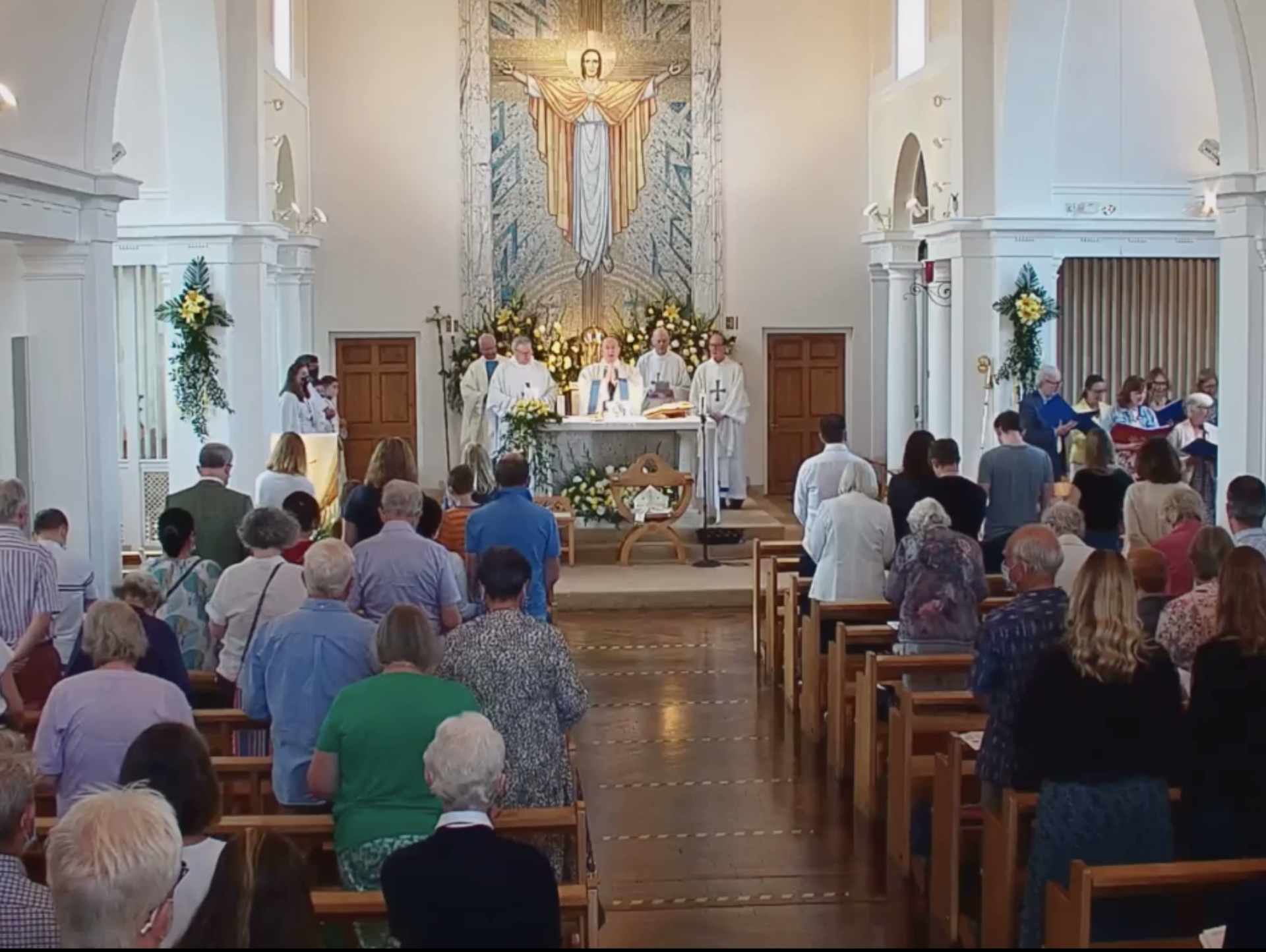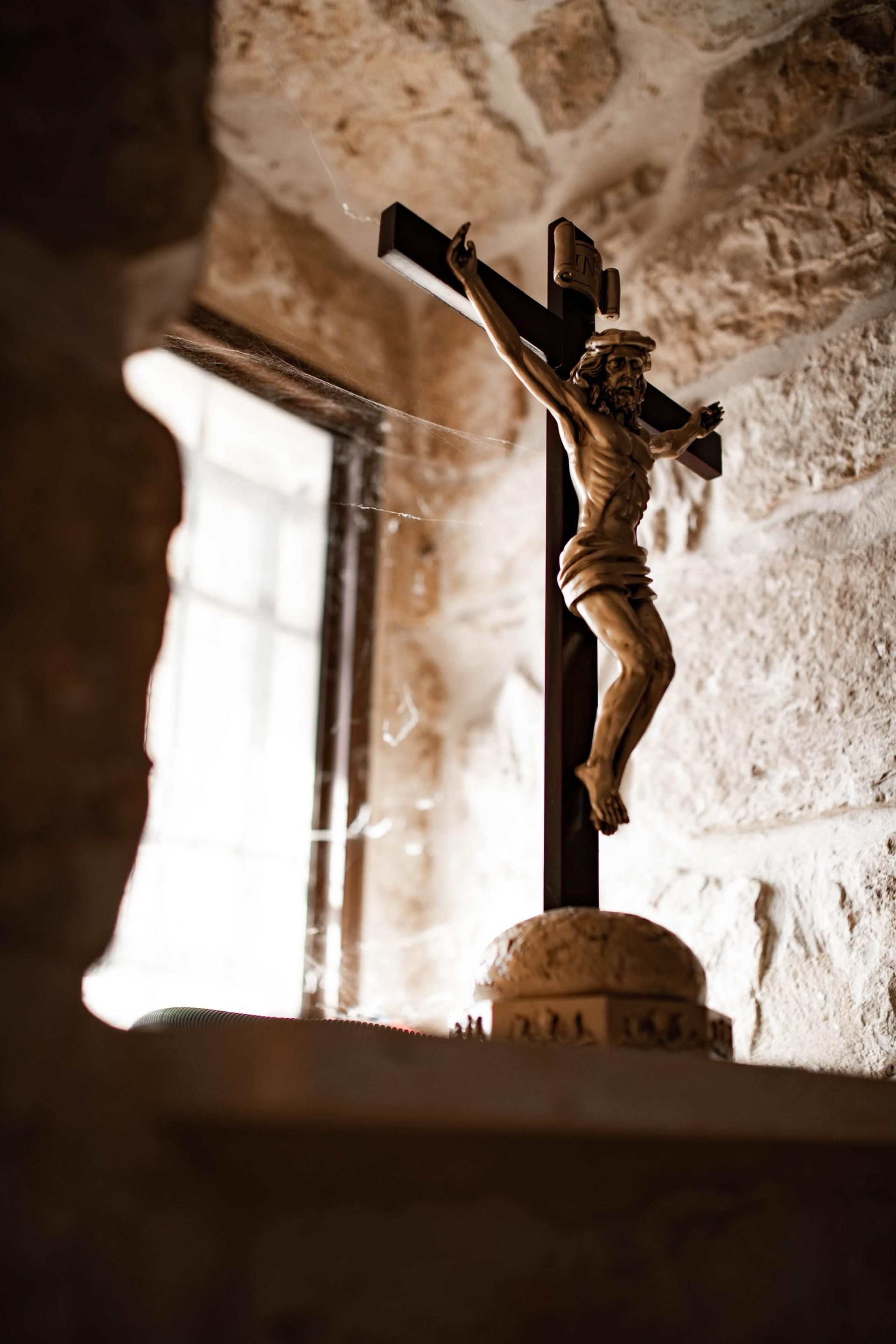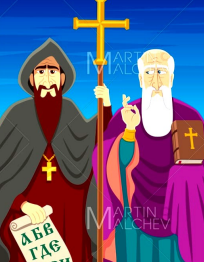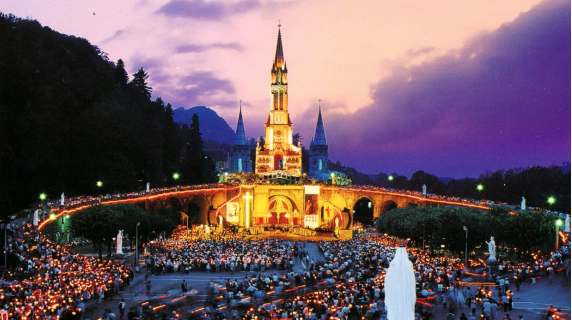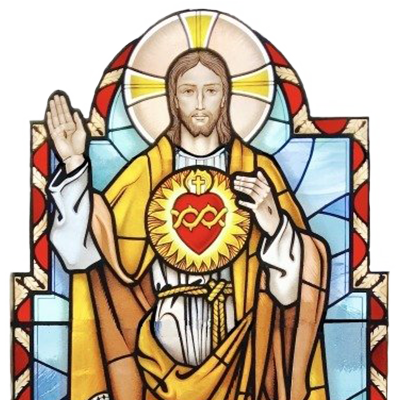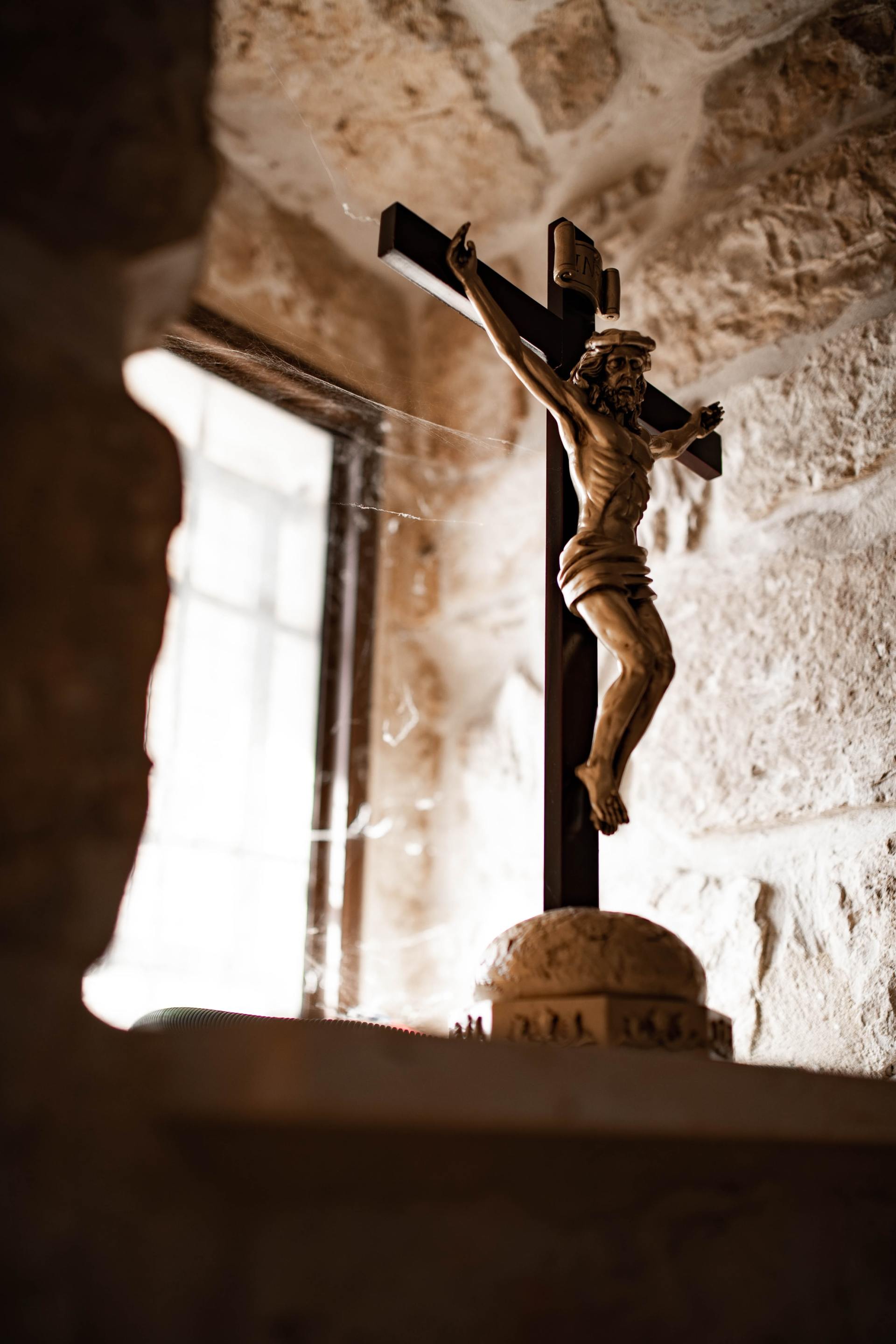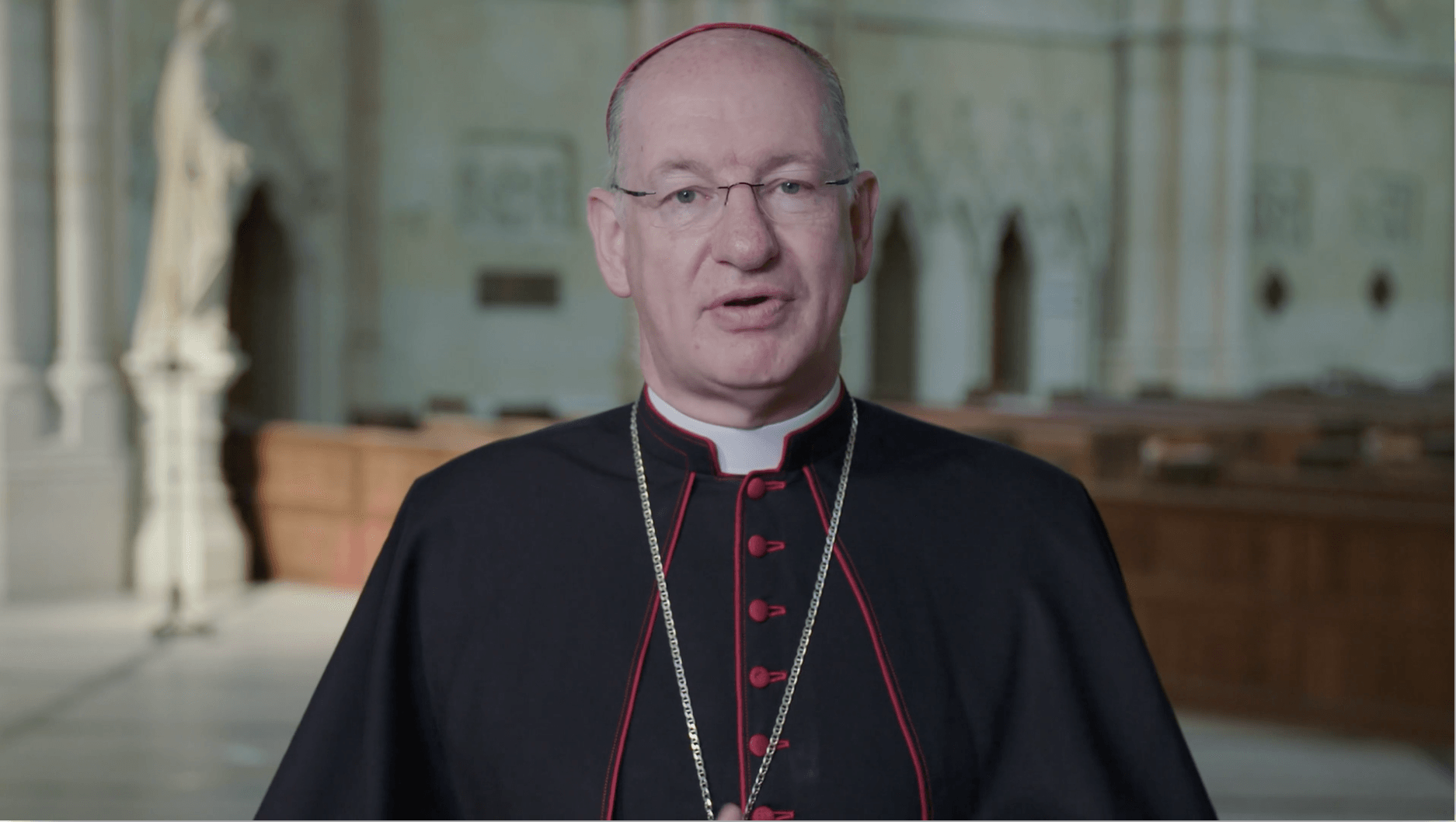Alleluia
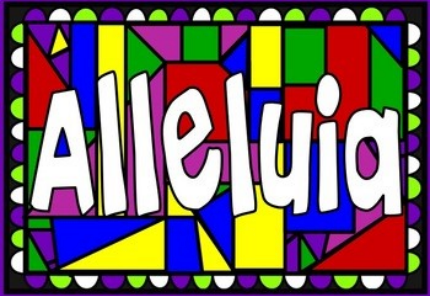
This one little word has been banished since Ash Wednesday. In years gone by, there was a symbolic ritual in which a board with the word ‘alleluia’ written on it would be buried before Lent as a reminder of its noticeable absence over the coming season.
We fast from using this word, just as we fast from food, however, that great fast comes to an end with the solemn Easter Vigil. This precious word that has been absent for so long returns as a whisper, and then grows in strength and volume until it’s a shout that echoes in our ears and hearts.
But what does it mean? Why is it so important? The first part of the word ‘hallu’ means ‘praise’ in the form of a call, with a connection to song. The second part is a shortened form of God’s name: Yahweh. In short, then, the word means ‘praise God!’. We can stand in church on Easter Sunday and sing “Alleluia!” at the top of our lungs because we are a people ransomed, paid for, delivered, and won for the Father by the blood of our praiseworthy risen Lamb, Jesus Christ!
